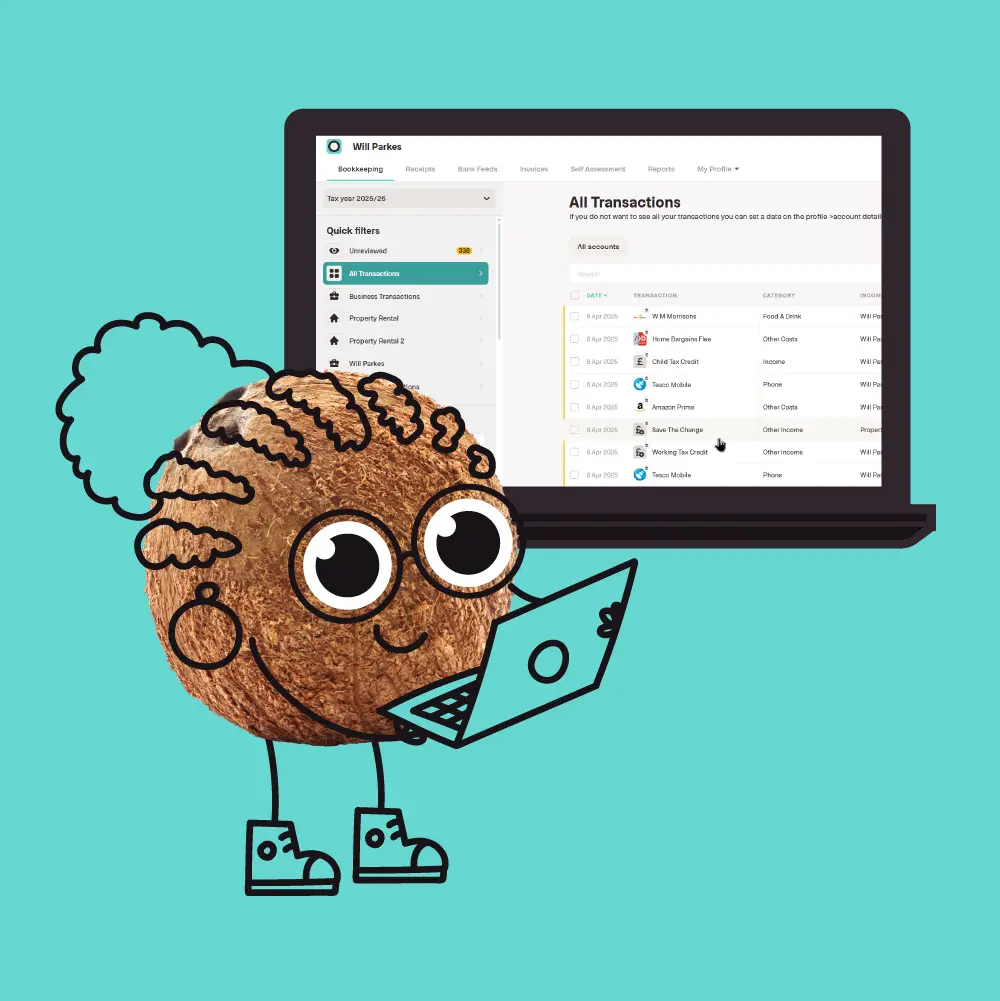So, whether by choice or circumstance, you’re self-employed. Some 4.27m people in the UK are self-employed (13% of the workforce) and although there are no guarantees and it usually takes hard graft, you may be able to earn more and get greater satisfaction from being your own boss. Self-employment can also give you more flexibility and greater control over your work.
Overwhelmingly, rather than setting up a limited company, those who become self-employed register as a sole trader. There are 3.1m UK sole traders and they make up 56%of the business population. According to government figures, about 212,000 sole traders employ others, while 2.9m only employ the business owner.
If you want your sole trader business to succeed, you must manage your finances, keep your cash flow healthy and stay in control of your tax affairs. When you become a sole trader, you’ll also need to register for Self Assessment and comply with its requirements. Here are the answers to 15 Self Assessment frequently asked questions.
1. What is Self Assessment?
Self Assessment is the name of the system that UK tax authority HMRC uses to collect Income Tax from sole traders and millions of other taxpayers.
2. Why must I register for Self Assessment?
Once you earn more than £1,000 within a tax year, you use up your tax-free trading allowance, which makes you a professional trader. You need to report this potentially taxable income to HMRC via Self Assessment, together with any tax expenses you wish to claim, so that HMRC can calculate your sole trader tax bill.
3. How do I register for Self Assessment?
Normally, people register for Self Assessment online via government website GOV.UK. To register, you’ll need to sign into your tax account using your Government Gateway user ID and password. If you don’t have a user ID, you can create one. The process is quick and simple.
4. What happens after I register for Self Assessment?
If you don’t already have one, you’ll get your Unique Taxpayer Reference (UTR) through the post within 15 working days (21 days if you live overseas). You’ll get it sooner if you use the HMRC app. Soon you’ll receive your account activation code. Your ten-digit UTR enables HMRC to identify you. You’ll need it to file your Self Assessment tax return.
5. When do I need to register for Self Assessment?
If you’re required to send a tax return for the first time, you must register for Self Assessment by 5 October following the end of the tax year (5 April) during which you earned taxable sole trader income. If you’ve registered previously, but did not send a tax return last year, you must register again.
Top tip! It’s better to register for Self Assessment sooner, because you’ll have more time to complete your first Self Assessment tax return, which will probably take longer, because you lack knowledge and experience.
6. What information will I need to register for Self Assessment?
When registering online you’ll need to input your: National Insurance number; full name (and any previous names); current address (and when you moved in); date of birth; gender; phone number; email address; and whether you have registered for Self Assessment previously. You will also need to provide basic information about your new sole trader business, for example, the nature of your work.
7. What records do I need to keep for Self Assessment?
You’ll need to maintain accurate, detailed, up-to-date, legible records of your sole trader income and any expenses you plan to claim. Coconut is perfect for this, of course! You’ll need this information to complete your Self Assessment tax return. Also make sure you retain sales receipts/invoices for business purchases, because HMRC can ask for proof.
8. Will I need to complete a Self Assessment tax return?
If you have taxable sole trader income to report to HMRC, each year you’ll need to complete a Self Assessment tax return. There will be the main eight-page tax return (the SA100), as well as supplementary pages SA103 to report your sole trader income and expenses. If you have more than one sole trader business, you’ll need to complete a separate SA103 for each.
Need to know! There can be other supplementary pages to file if you have other sources of taxable income, for example, SA105 for UK rental income.
9. What sole trader Self Assessment tax expenses can I claim?
A wide range of business costs can be deducted as allowable expenses to lower your sole trader Income Tax bill. To qualify as an allowable expense, something must be bought “wholly and exclusively” for business/trade. If a bill covers business and personal use, you must justifiably work out the business cost before claiming allowable expenses. If you run your sole trader business from home, you can claim many allowable expenses or a flat rate.
10. When can I file my Self Assessment tax return?
Many people leave it until just before the January online filing deadline, which can create unnecessary stress. And if you’re battling a deadline, you’re more likely to make mistakes. You can file your tax return any time after the end of the UK tax year (5 April), so get it done and dusted as soon as possible. Filing your Self Assessment tax return promptly won’t mean paying your tax bill any sooner.
11. When is the online filing deadline for my Self Assessment tax return?
Midnight on 31 January, it’s the same every year. Miss the online-filing deadline and there’s an automatic £100 penalty, unless you have a valid reason (eg ill health, close bereavement, etc).
12. What are my options for completing and filing a Self Assessment tax return?
Only2.89% of taxpayers complete a paper Self Assessment tax return. Overwhelmingly, people complete and file their Self Assessment tax returns online. You can use commercial Self Assessment tax return filing software, which can make things much quicker and easier, with errors less likely thanks to prompts and instructions within the software. Subscriptions can be available for as little as a fiver a month, which is much cheaper than paying an accountant to complete your Self Assessment tax return for you.
13. When will my Self Assessment Income Tax bill be payable?
The payment deadlines are: midnight 31 January for any tax you owe for the previous tax year (known as a “balancing payment”) and your first payment on account (ie an advance payments towards your tax bill); midnight 31 July for your second payment on account. Each payment is normally half your previous year’s tax bill.
14. How much tax will I pay on my sole trader income via Self Assessment?
The tax you’ll pay will be decided by the Income Tax band into which your total taxable income falls.
● You do not pay Income Tax on your first £12,570 of gross taxable income, because this is your tax-free Personal Allowance.
● Thereafter, you’ll pay 20% Income Tax on total taxable income of £12,571-£50,270; 40% on £50,271-£125,140;and 45% on total taxable income above £125,140 (bands are rates are different in Scotland).
● Sole traders often also have to pay Class 4 National Insurance contributions (6% on profits between £12,570-£50,270, a further 2% on profits over £50,270).
● Tax year 2024/25 for all figures quoted.
15. What if I cease to be a sole trader, for example, if I take a job instead?
You need to tell HMRC. You do so via HMRC’s online services (you only have to fill out one form). Do this as soon as you stop working for yourself. You’ll need to file a final Self Assessment tax return and pay any tax due.
● HMRC has published a wealth of Self Assessment information and guidance on GOV.UK. You can sign up to receive email updates, find links to YouTube videos and view webinars on Self Assessment. HMRC also fields Self Assessment general enquiries.











